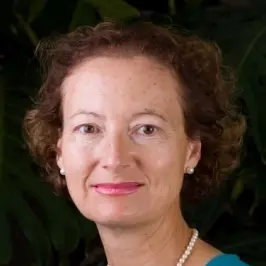China Seminar | 9 November 2017
One Country, Two Systems? Assessing Hong Kong’s Autonomy After Twenty Years
According to the Sino-British Joint Declaration, a bi-lateral treaty duly registered with the United Nations, the Hong Kong Special Administrative Region (SAR) enjoys extensive autonomy, including its own common-law legal system, independent judiciary, and separate currency. Hong Kong residents also enjoy a much higher standard of civil liberties than residents of Mainland China. Nonetheless, as “One Country, Two Systems” enters its third decade, many commentators would agree that a crisis is brewing. Some young activists are even advocating for independence. Beijing has reacted harshly to this rhetoric and intervened in ways that threaten Hong Kong’s longstanding traditions of civil liberties, rule of law, and clean government. Professor Petersen argues that both the Chinese government and certain pro-democracy advocates in Hong Kong have adopted unduly rigid positions, making it impossible for the moderates to bridge the divide. She proposes a new approach to preserve autonomy, one that relies less on street protests and more on gaining international recognition for Hong Kong’s right to practice internal self-determination. Carole Petersen is a Professor at the William S. Richardson School of Law and Graduate Chair in the Spark M. Matsunaga Institute for Peace and Conflict Resolution, University of Hawai‘i at Manoa. She taught in Hong Kong from 1989 to 2006, specializing in constitutional law, human rights, and anti-discrimination law. She is a former Director of the University of Hong Kong’s Centre for Comparative and Public Law and currently serves as a member of its international advisory board. She holds a BA from the University of Chicago, a JD from Harvard Law School, and a Postgraduate Diploma in the Law of the People’s Republic of China from the University of Hong Kong.
